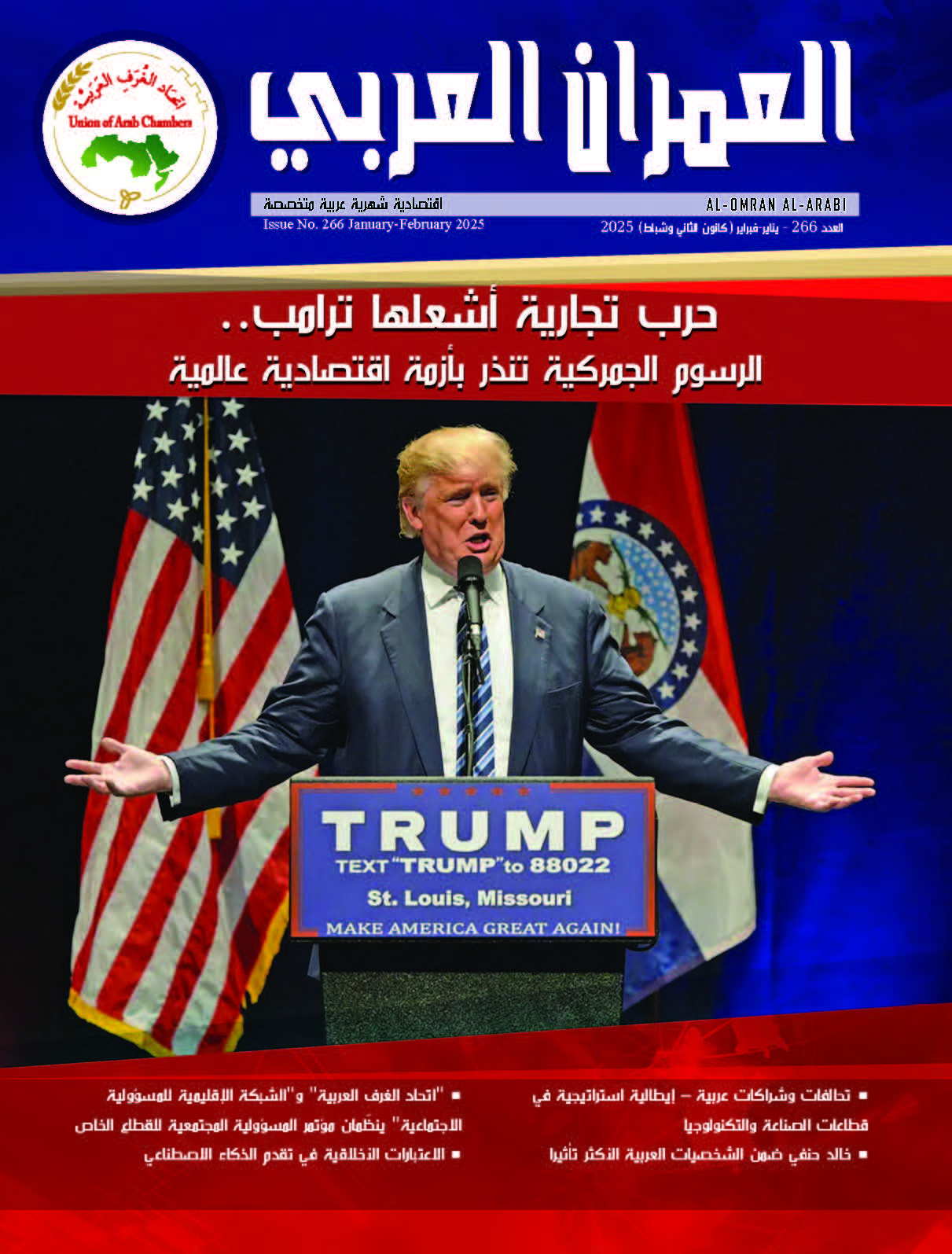
The Global Trade War... Has It Started?!
As the signs of a trade war begin to take shape between China, Mexico and Canada on the one hand, and the United States under President Donald Trump on the other, which could fuel the economic situation in those countries due to tariffs, the question is whether what the US President is doing is justified by his belief that the United States is being unfairly treated and that countries are “exploiting” the United States?
The answer is probably no, because the United States has been at the center of global trade since the end of World War II, making gains at every turn. Perhaps the most prominent point that makes President Trump’s belief unfair is his focus on the balance of trade in goods, and only goods, while the balance of trade consists of goods and services.
More importantly, international trade over the past eighty years, following the end of World War II, has taken a dramatic turn in favor of trade in services, and it was also a turn in favor of the United States of America. In the post-World War II period, “goods” dominated international trade, with services accounting for about 15 percent of the value of international exports in 1950 and about 12 percent of U.S. exports, at constant prices. Moreover, at that time, the U.S. economy was the world’s factory, and U.S. exports benefited from the Marshall Plan to rebuild Europe, which boosted its export position and made U.S. exports more than 15 percent of global commodity exports. In comparison, over the course of eighty years the structure of international trade has evolved; economic powers capable of exporting and competing have emerged, most notably China and the European Union. The United States’ main concern now lies in maintaining its superiority in productivity, as was the case after World War II, when American exports represented about 10 percent of international commodity exports. The share of services in world trade has also grown; US exports of services have grown, with their share currently estimated at about 32 percent of global trade in services, meaning that the relative importance of the United States in trade in services has more than doubled (from 12 percent to 32 percent during the period 1950 to 2024), and these are not subject to customs taxes, and countries may subject them to different types of taxes, especially withholding taxes.
Thus, it can be said that President Trump’s focus on the trade balance in goods and his unilateral actions to increase tariffs will have destabilizing consequences for the structure of global trade. Perhaps Trump's intention is to disrupt the redistribution of commodity trade shares in a way that boosts US exports and reduces US imports, thereby increasing net exports and boosting US GDP growth.
However, there are indications that the matter may not stop there, as the US President’s decision will have serious consequences, which will lead to the reshaping of international trade and with it the relocation and restructuring of supply chains and thus the flow of foreign investment. This amounts to a global trade war unprecedented since the era of the colonial powers in the sixteenth century and beyond, and its principle of “trade and nothing matters but trade.”
Given this reality, what ultimately matters is keeping trade routes open for US exports to avoid high tariffs. From the above, it can be said that the United States’ withdrawal from using the weapon of customs duties to attract investments will, in turn, lead to a trade war and the restructuring of trade blocs with the United States outside them. Imposing massive tariffs would also reshape the relationship between Britain and the EU. More importantly, the tariff rift will bring about a rapprochement between the European Union and China, which may force President Trump to create multi-pillar trade alliances for his partners and allies in the world, to become the most favored interlocutors (countries and blocs) MFN, which means signing preferential trade and investment agreements, but his first and last concern will remain the balance of payments.
